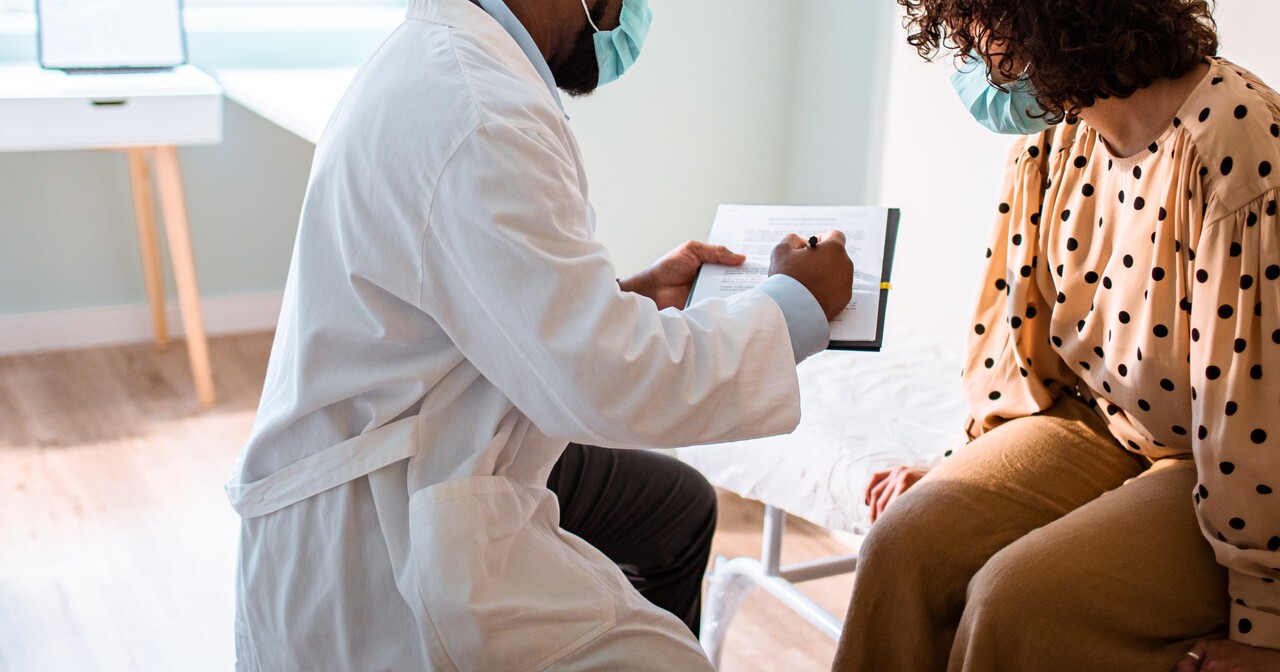ICYMI, Power to Decide’s 2023 Thanks, Birth Control Survey highlighted how AYA are currently getting information and the lack of alignment with how they want to get it—from providers and parents. Power to Decide’s 2024 Youth Reproductive Health Access (YouR HeAlth) Survey aims to deepen our understanding of sexual and reproductive health information and health service gaps for young people, with a focus on contraception and abortion. This year’s survey reinforces findings from the 2023 Thanks, Birth Control Survey and highlights young people’s concerns about birth control and the impacts on their self-efficacy to make decisions about their reproductive future, including a mismatch between current and preferred methods. Here’s what providers need to know to bridge these gaps and improve contraception and abortion access for young people:
Most young people want information from providers—but aren’t getting it
YouR HeAlth Survey confirms that nearly 4 out of 5 young people want to hear about birth control and abortion from health care providers. Yet only 35% of young people got information about contraception from a provider in the past year, and only 3% got information on abortion. This huge mismatch between what young people want and what they’re actually getting leaves young people searching for answers on their own, increasing the possibility that they get misinformation.
What can providers do?
In the past year, almost 75% of young people saw a provider for a preventive visit, but less than half (44.9%) reported that their provider talked with them about birth control at that visit. Health care providers can proactively offer patient-centered information about both contraception and abortion as a regular part of preventative care in a way that’s easy for young people to understand.
Knowledge gap = Not enough information to make decisions
The survey also revealed that a quarter of young people don’t have the information necessary to decide if using birth control is right for them. That number rises when it comes to deciding which method to use. Without the right information, young people surveyed said they didn’t feel confident in making that choice.
What can providers do?
As part of your contraceptive counseling with young people, ask them if they have the information needed to make a decision. If they don’t yet have it, providers (with the help of trusted sites, like Bedsider) can help to fill the gaps, offer the full range of methods, and improve young people’s self-efficacy to make decisions about their method.
Concerns about side effects and questions about fertility
The survey also explores the level of concern young people have about the side effects of birth control. More than half of the respondents expressed worry about dangerous side effects, and over one-third feared that using birth control could affect their future fertility (it doesn’t).
Many young people have heard horror stories about negative side effects, and some have experienced them firsthand. But it’s also true that a lot of misinformation circulates about birth control, particularly when it comes to long-term health impacts.
What can providers do?
Providing patient-centered contraceptive counseling allows you to hear and address your patients’ concerns. Discussions should cover potential side effects while also reassuring patients that birth control risks are generally low and side effects are generally manageable. It’s important to offer guidance on how to stop using a method if they are unhappy with it. Additionally, providers can emphasize that no method of birth control, other than sterilization, affects their ability to become pregnant once they stop using it.
Even with information, access barriers remain
Even if young people manage to get the information they need, access remains a barrier. The survey found that many young people don’t feel confident about their ability to obtain contraception, and the self-efficacy gap is even wider for abortion services. Over half of the respondents said they lack the confidence to access abortion care if they need it, and one in ten young people reported not getting the abortion they needed.
Even when young people do use contraception, they’re not always able to use the method they prefer. According to the survey, only 68% of young people reported using their preferred contraceptive method.
In addition to factors that impact access to sexual and reproductive health care, like cost and availability, young people face additional barriers, including increased stigma, confusing legal requirements, and concerns about privacy and confidentiality. Whatever the root causes, the result is the same: young people are struggling to get the care they need.
What can providers do?
Addressing these barriers requires not only high-quality counseling and factual information about contraception and abortion from providers in ways that speak to young people but also advocacy for policies that make contraception and abortion more accessible and less stigmatized.
Bottom line
If there’s one takeaway from the 2024 YouR HeAlth Survey, it’s that providers are a key source of information for young people. Sharing factual information about birth control and abortion through patient-centered counseling can improve young people’s knowledge, self-efficacy, and attitudes, thereby increasing access to the sexual and reproductive health care they need to achieve reproductive well-being.




